Miami is taking an innovative step toward climate resilience through a project led by Florida International University. Architects and marine biologists Sara Pezeshk and Shahin Vassigh developed BIOCAP tiles, which are 3D-printed coral reef structures that restore marine life and protect coastlines.
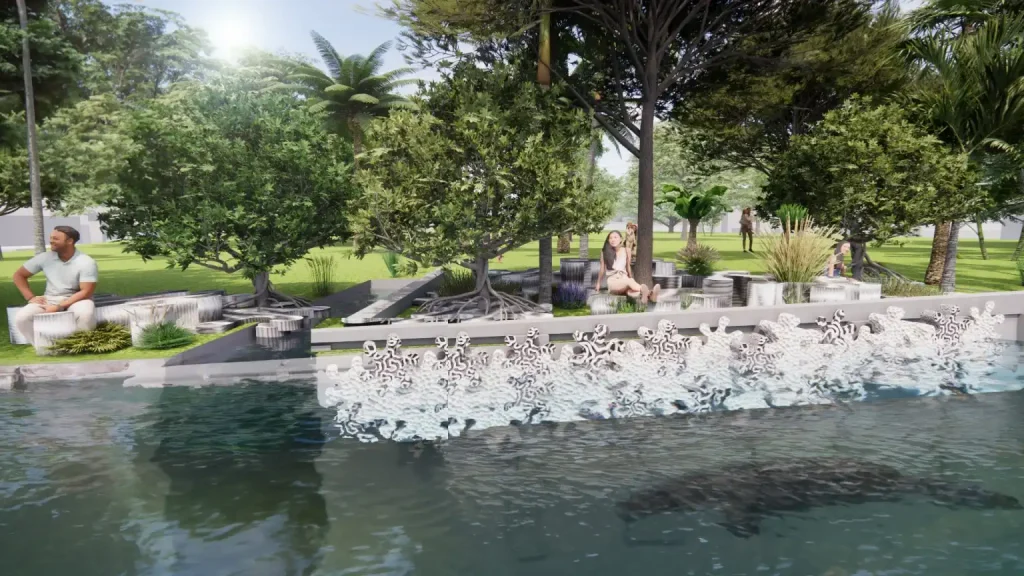
BIOCAP (Biodiversity Improvement by Optimizing Coastal Adaptation and Performance) tiles are meticulously designed reef structures to meet the dual issues of increasing sea levels and marine biodiversity loss. Each 3D-printed BIOCAP tile is ecologically designed with shaded grooves, crevices, and tiny water-holding pockets that mimic the natural complexity of coastal habitats. The features provide micro-homes for species such as oysters, barnacles, and sponges.
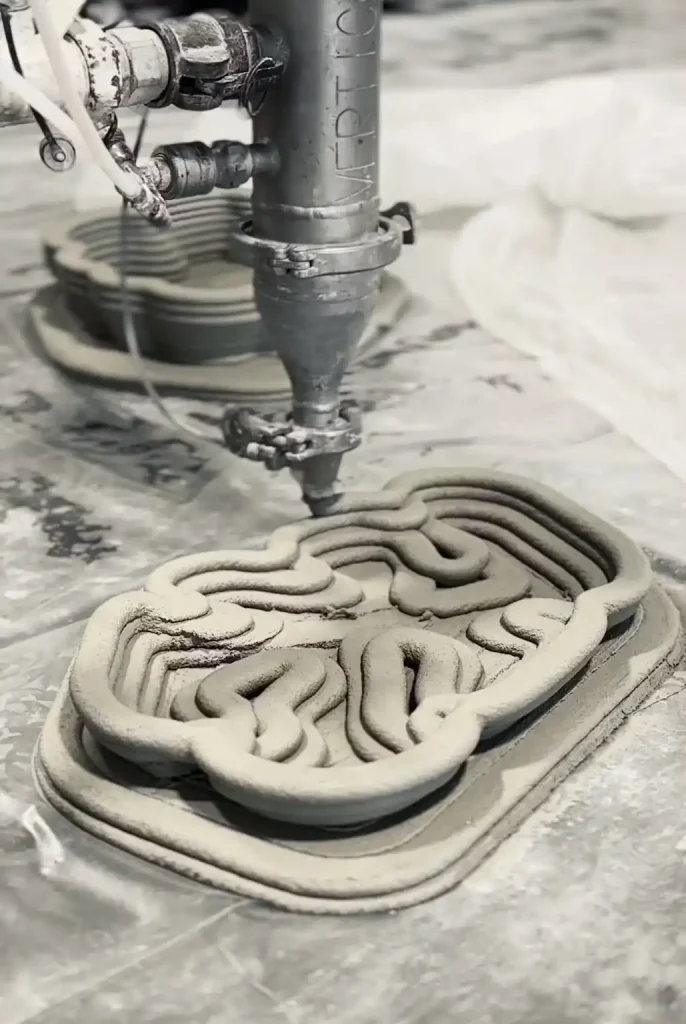
These species are essential for water filtration, with oysters alone capable of filtering up to 50 gallons of water each day. The tiles’ swirling surface patterns also increase surface area, giving marine life space to colonize, shelter, feed, and reproduce, enhancing biodiversity along the urban shoreline.
Diffusing Wave Energy via Natural Forms
BIOCAP design absorbs wave energy, unlike typical seawalls that reflect waves into the water, worsening erosion at their base and creating hazardous situations, particularly during storms. As Sara Pezeshk explains, the reflected wave energy may increase coastal wear and tear, compromising the infrastructure meant to protect it.
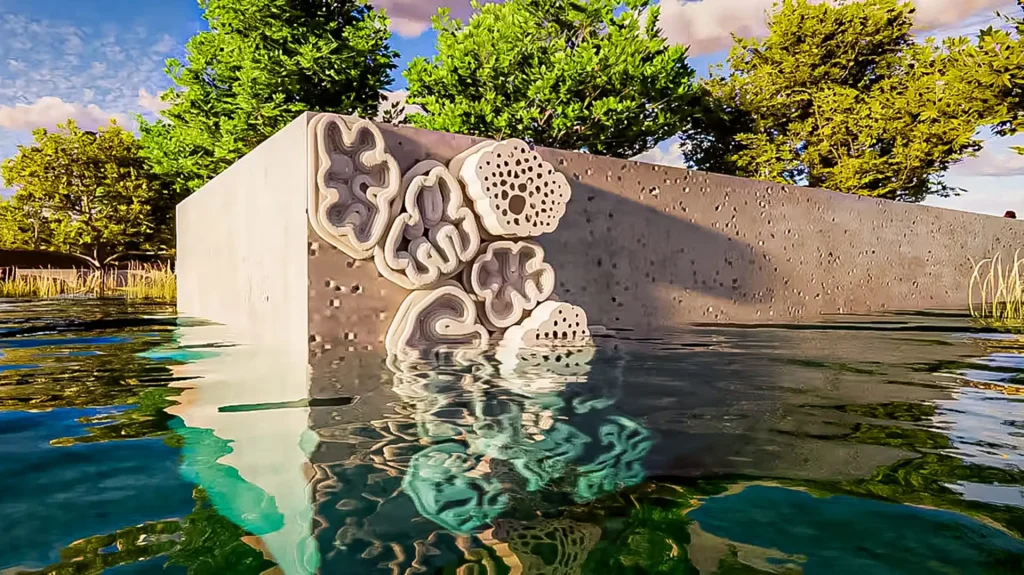
This is where these tiles set themselves apart with their textured and concave forms inspired by natural coastal features such as mangroves and rocky coasts that gradually break up wave energy. This lowers direct impact, minimizes erosion, and extends the life of the coastal edge.
High-Tech Pilot Tracks Nature in Action
The BIOCAP project began a two-year trial phase in the spring of 2025, supported by the National Science Foundation and the Environmental Protection Agency, to test real-world performance. The team installed prototype tiles along existing seawalls at Morningside Park, aiming to evaluate how effectively they promote biodiversity, filter water, and reduce wave energy.
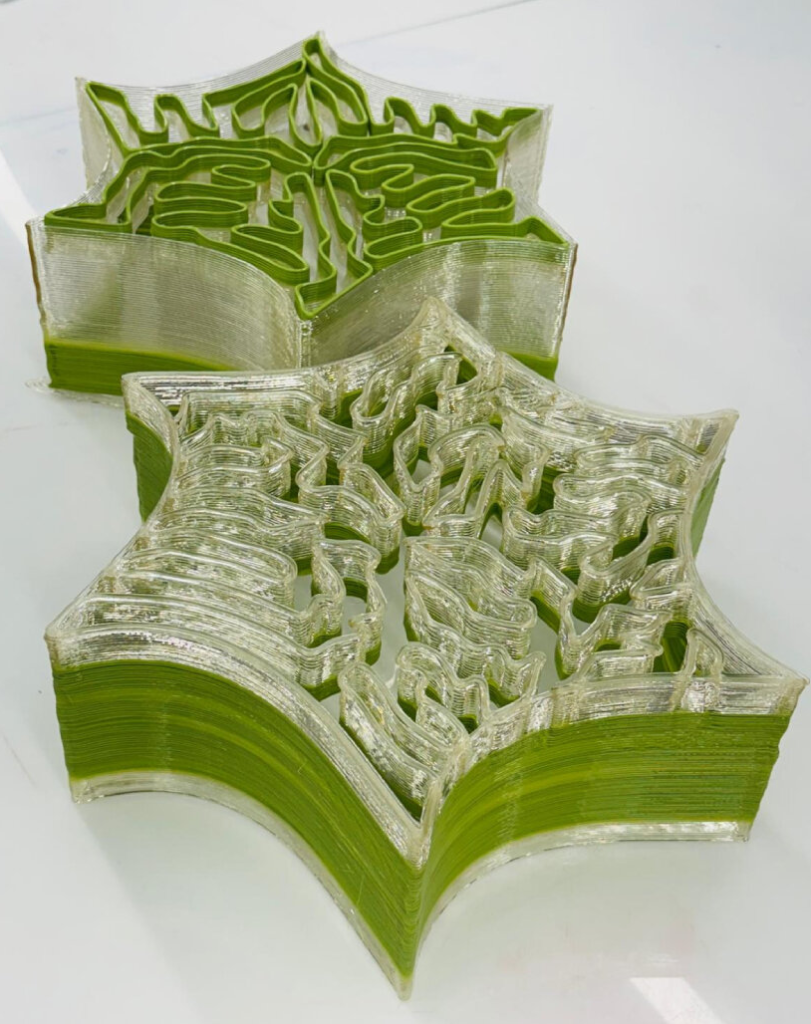
To track impact, researchers embedded sensors into the tiles to monitor water quality in real-time, including pH, dissolved oxygen, turbidity, salinity, and temperature. In addition, underwater time-lapse cameras are capturing how marine life gradually colonizes the structures, helping scientists assess species diversity and habitat use.
Model for the Future of Coastal Cities
BIOCAP tiles represent a novel approach to coastal infrastructure, collaborating with nature to safeguard both marine life and human communities. They demonstrate how successful climate solutions can be small, smart, and bio-inspired.
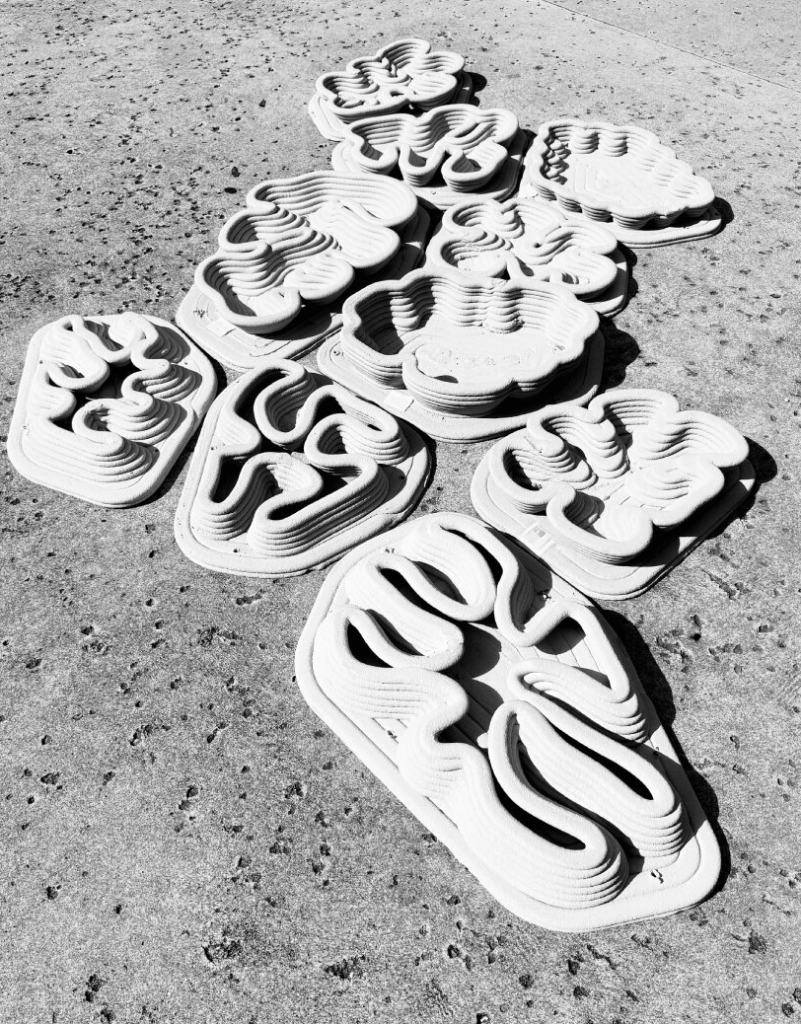
As the pilot develops, the research team will refine the tile design and evaluate long-term results. If successful, BIOCAP could become a scalable model for coastal towns seeking to safeguard shorelines while improving marine life, thereby encouraging climate resilience and supporting long-term ecological balance.
Project Details
Researchers: Sara Pezeshk and Shahin Vassigh
Institution: Florida International University (FIU)
Funding: National Science Foundation (NSF), Environmental Protection Agency (EPA)
Images By: FIU and Sara Pezeshk


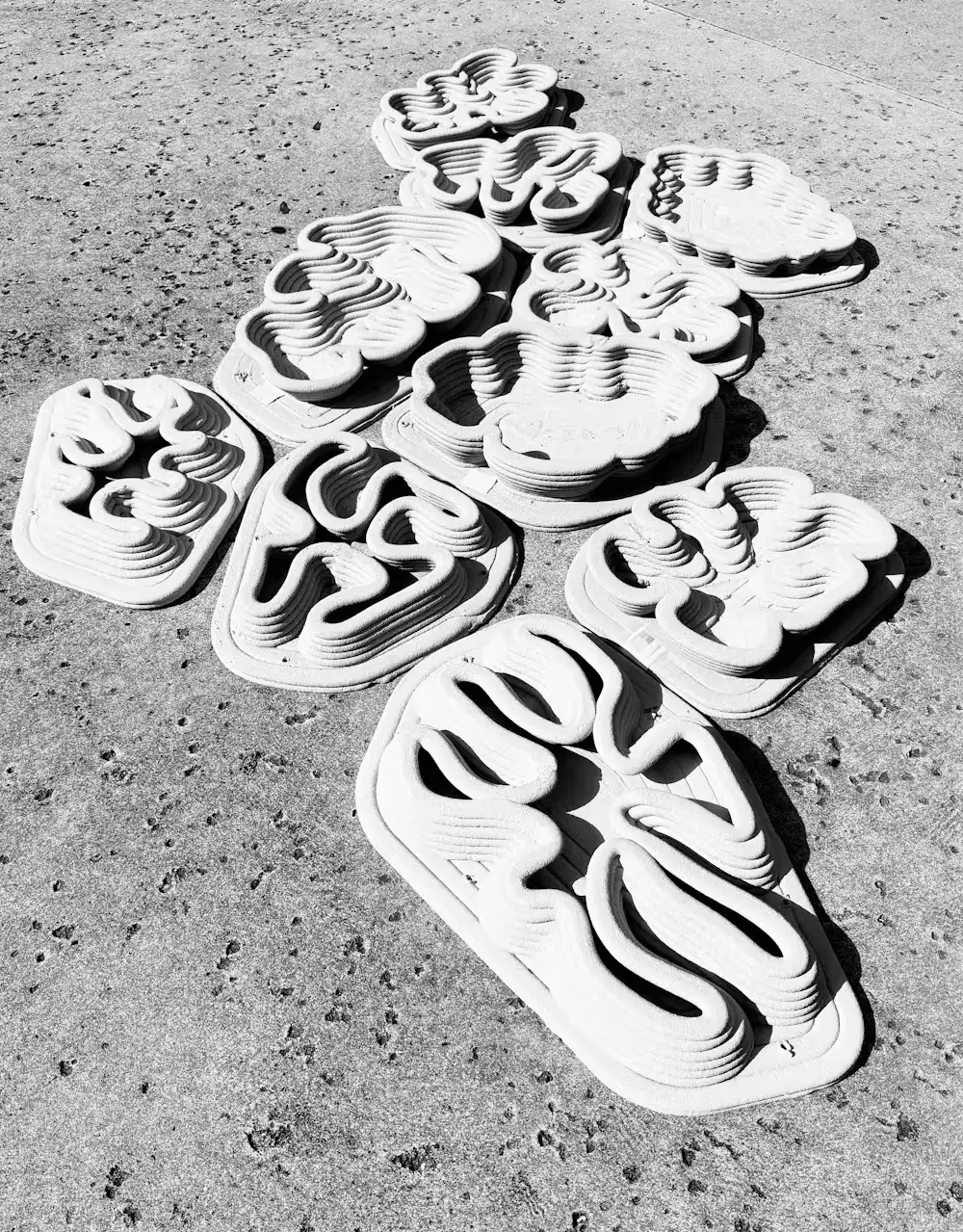






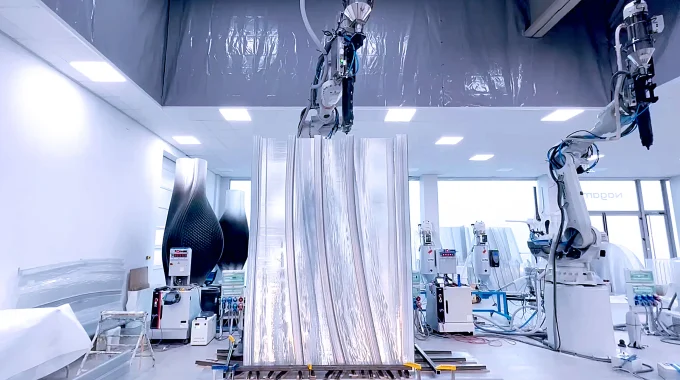
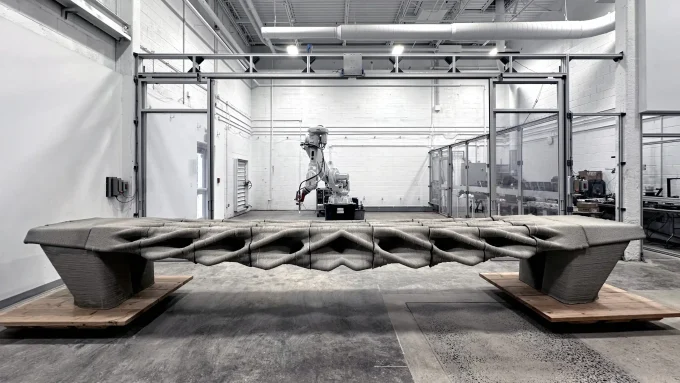
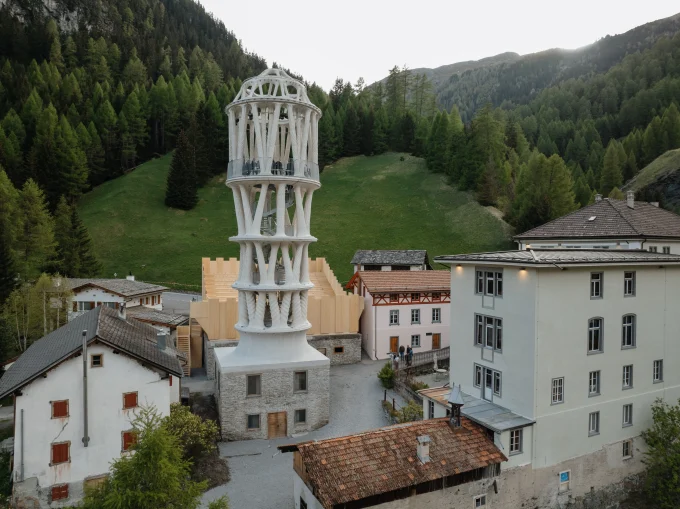




Leave a comment